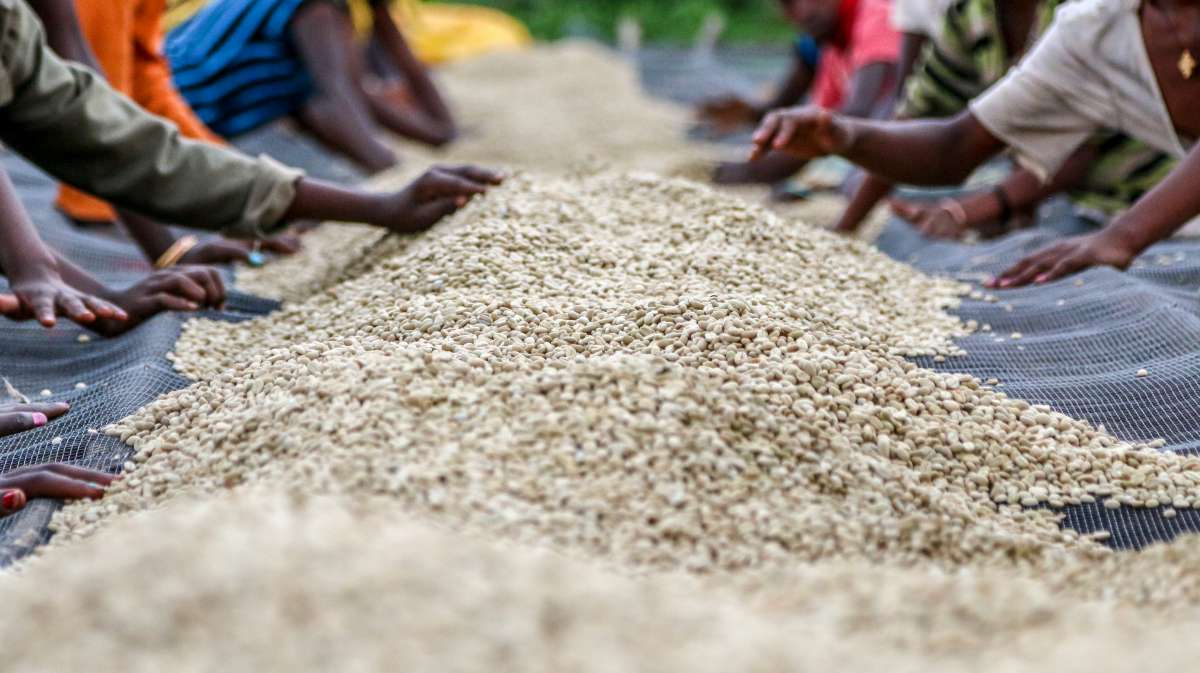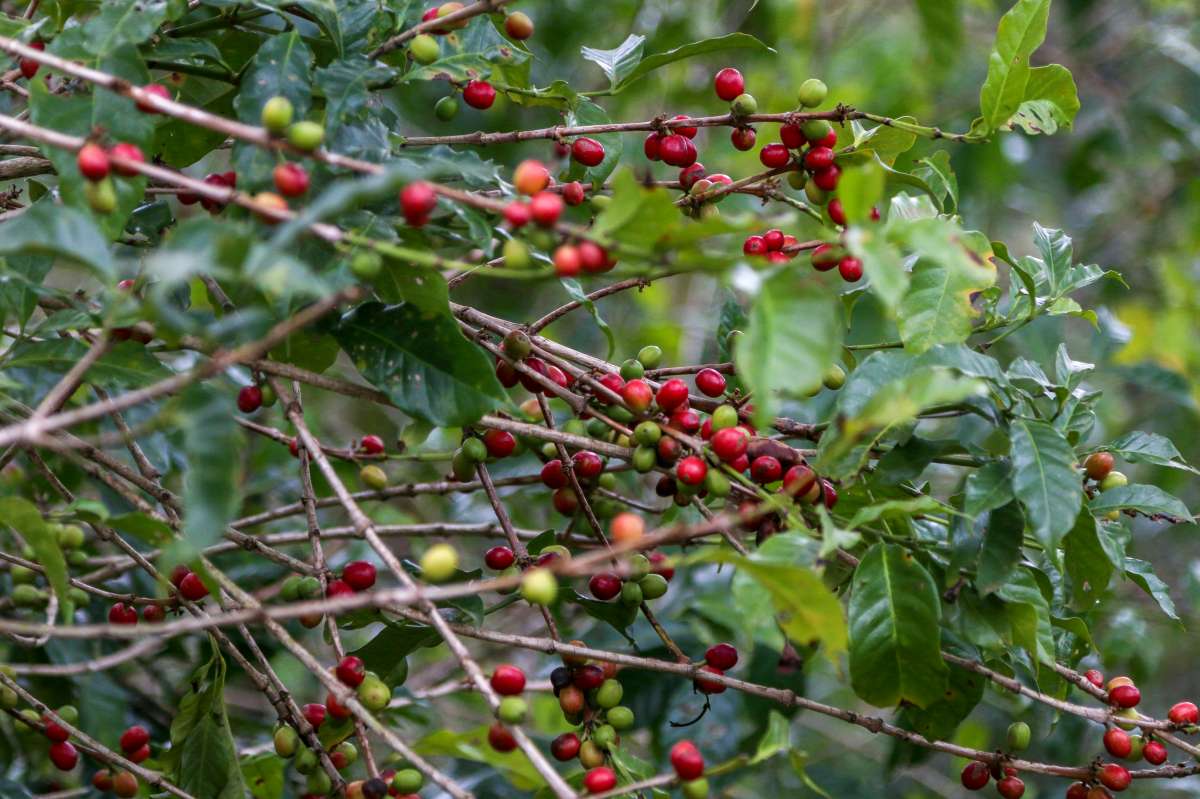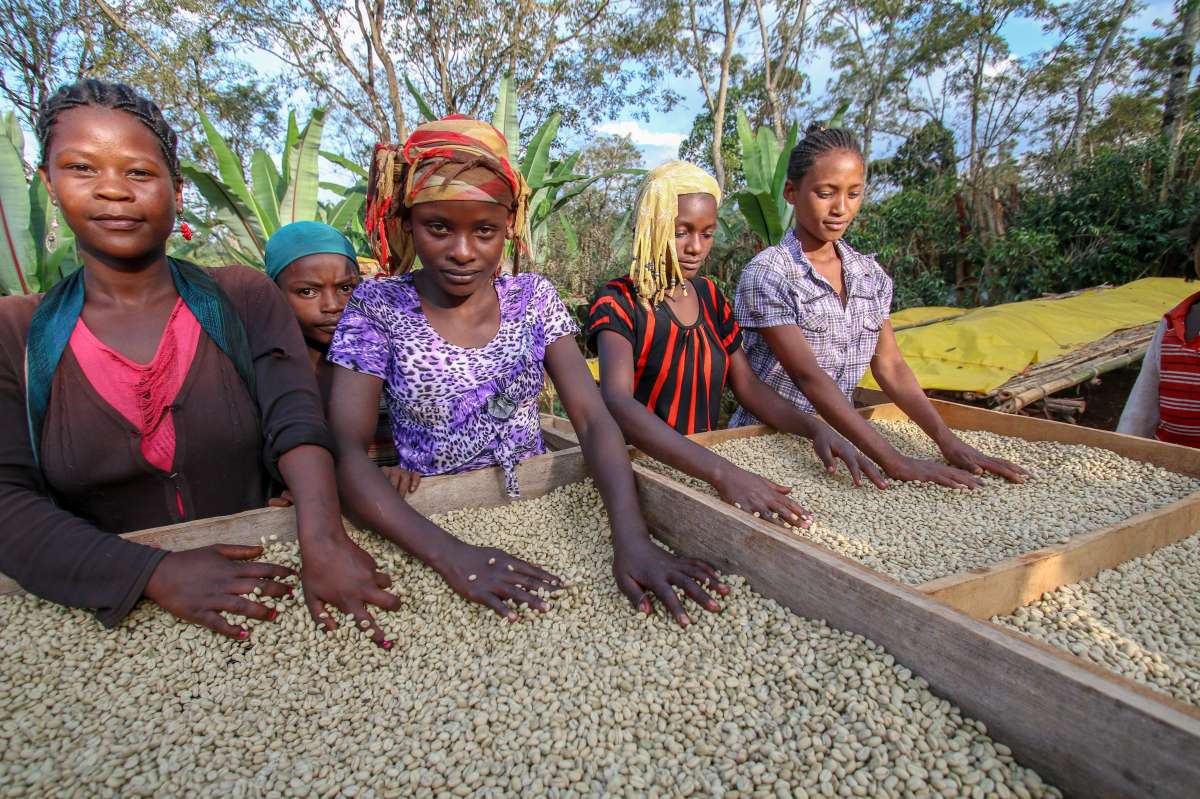This site is protected by hCaptcha and the hCaptcha Privacy Policy and Terms of Service apply.
Don't forget these...
There are several ways coffee is prepared for market in Ethiopia. Large estates are privately owned and operated by hired labor; the coffee is often picked, processed, and milled on the property. On the other end of the spectrum, “garden coffee” is brought by a farmer in cherry form to the closest or most convenient washing station, where it is sold and blended with other farmers’ lots and processed according to the desires of the washing station. Co-op members will bring their cherry to be weighed and received at a co-op washing station, where there is more traceability to the producer level as per membership rosters of the co-operative.
The profile of Ethiopian coffees will vary based on a number of factors, including variety, process, and microregion. As a general rule of thumb, natural processed coffees will have much more pronounced fruit and deep chocolate tones, often with a bit of a winey characteristic and a syrupy body. Washed coffees will be lighter and have more pronounced acidity, though the individual characteristics will vary.




